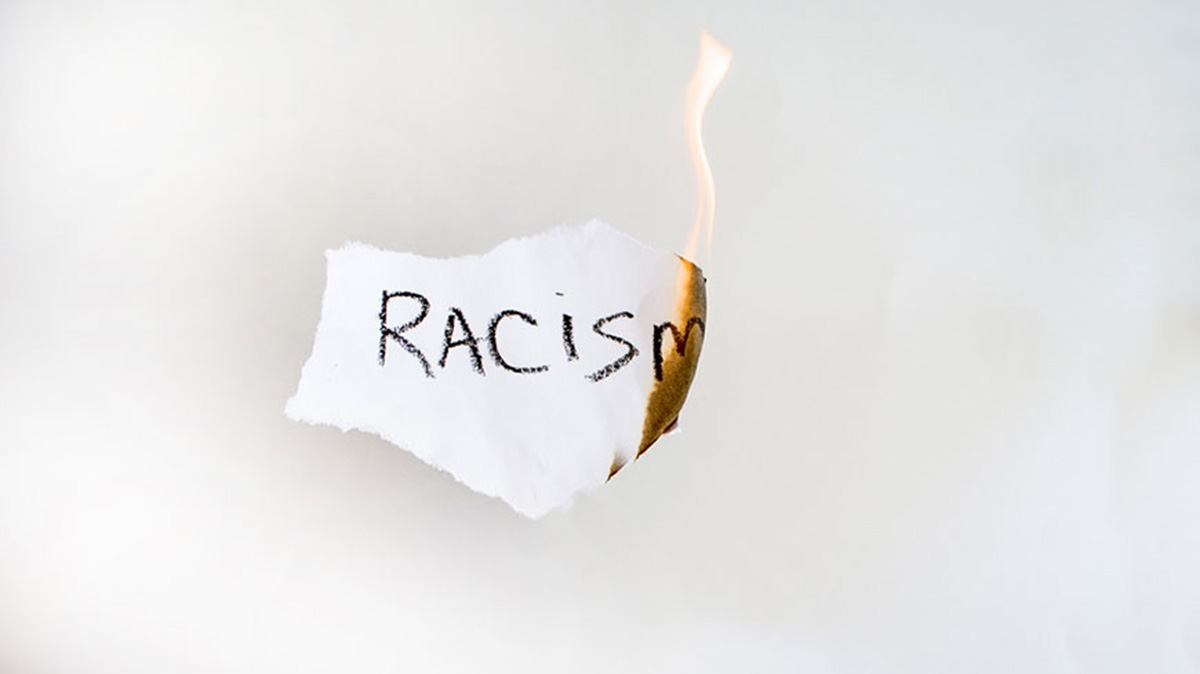Can you call the driver a racist if his or her car is adorned with many Nazi supremacist bumper stickers?
The answer is “it depends”, said Kamesha Laurry, a Journalism Fund Legal Fellow at the non-profit RCFP (the Reporters Committee for Freedom of the Press) whose mission is to provide pro-bono legal services to journalists. “Because the car might not belong to the driver”.
“Or the stickers were already there when the current owner acquired the car and didn’t bother to take them off,” one participant chimed in.
According to Laurry, the point here is that a reporter should exercise caution and must have solid evidence before calling out someone a racist or any other incendiary labels such as unscrupulous attorney, scammer, or corrupted official. Incorrect labeling not only can damage a person’s reputation but also lead to a costly libel lawsuit, which could potentially bankrupt a media outlet.
Nearly 60 publishers, editors, and reporters participated in the seminar titled “When Is It Libelous To Call Someone A Racist”, the third session of a four-part series on Press Freedom and Open Government sponsored by EMS (Ethnic Media Services), CBM (California Black Media), FAC (First Amendment Coalition), and RCFP to help ethnic media organizations covering anti-hate issues, incidents, and crimes in California.
Designed as an interactive discussion, the seminar had robust exchanges of questions, thoughts, experiences, and tips.
“What about wearing body tattoos of swastika and icons associated with white supremacists?”, asked one participant. “Isn’t that physical evidence?”
“Once again, it depends,” said Laurry.
The court would only recognize evidence of racist behaviors like physically assaulting while shouting racial slurs, participating in white supremacist rallies, or publishing racist content. A person might be wearing a Christian cross or Nazi tattoo mainly for fashion.
And since the swastika is originally a symbol from Buddhism, an Eastern religion, the interpretation would be totally different if an Asian person wears it.
One of the best practices for journalists is to simply present the facts and let the audience determine whether the person in question is a racist or unscrupulous. Another approach is that reporters can let an expert or representative of a relevant organization provide the verification.
Resources
For questions about journalist rights and legal defense help, please contact RCFP at 800-336-424 and [email protected]. You can also contact Julian Do at EMS ([email protected]).
This resource is supported in whole or in part by funding provided by the State of California, administered by the California State Library in partnership with the California Department of Social Services and the California Commission on Asian and Pacific Islander American Affairs as part of the Stop the Hate program. To report a hate incident or hate crime and get support, go to CA vs Hate.






